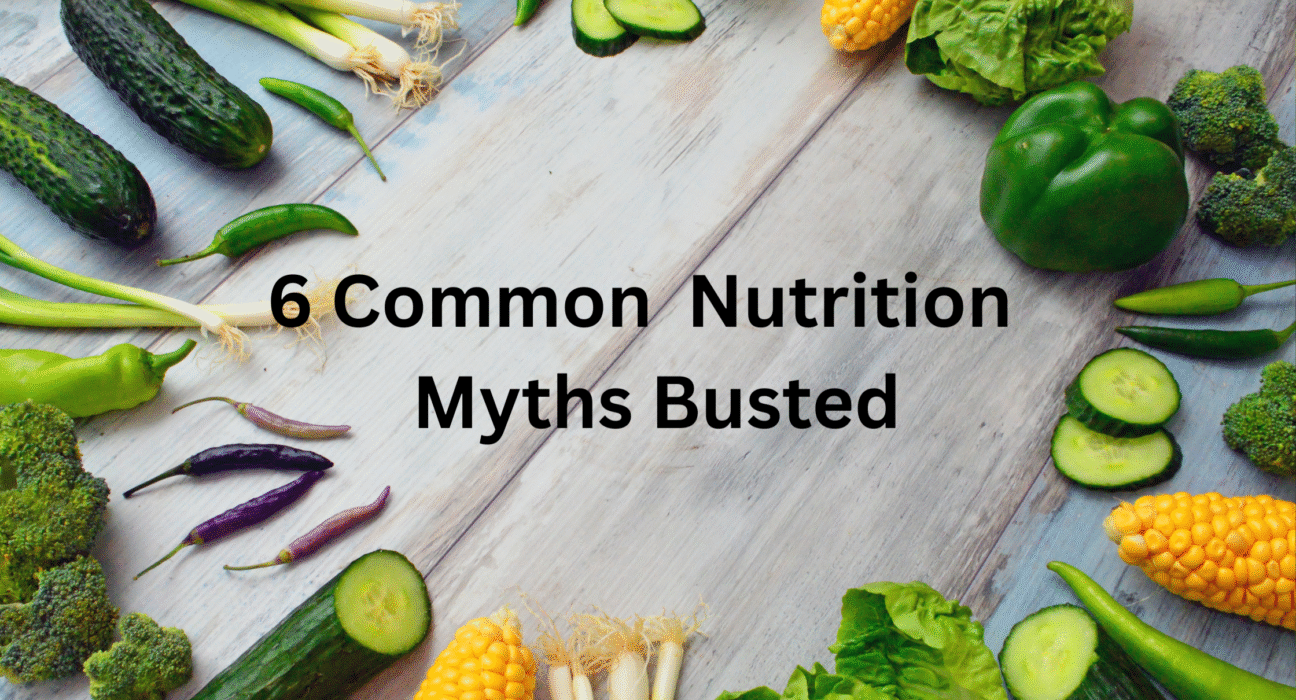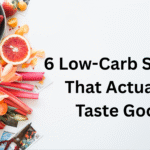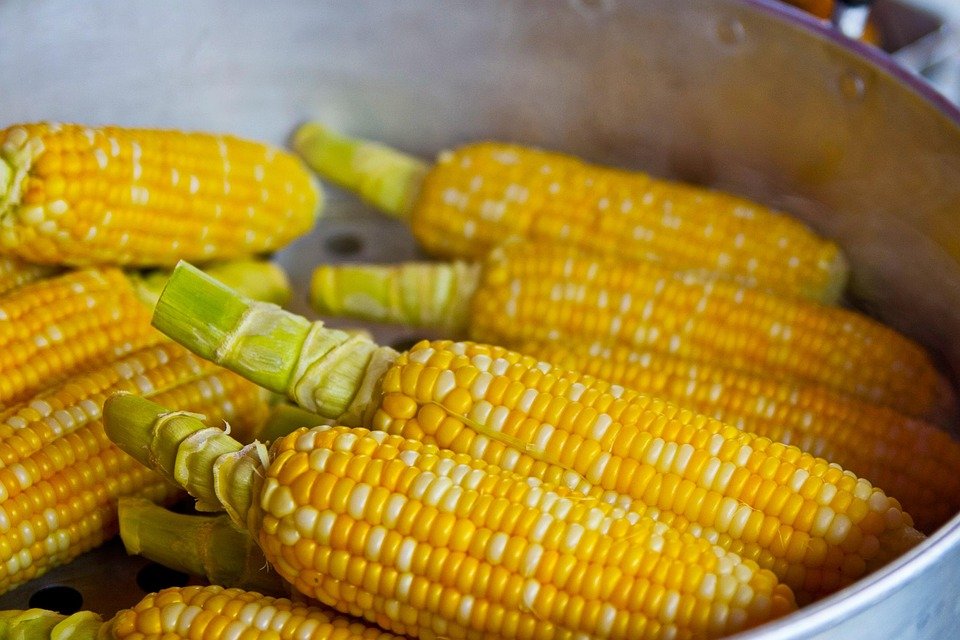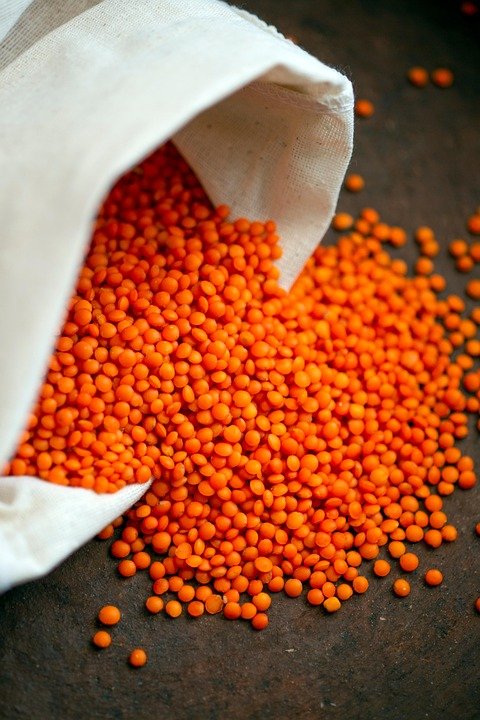Disclaimer: This post contains affiliate links. If you make a purchase through these links, we may earn a small commission at no extra cost to you.
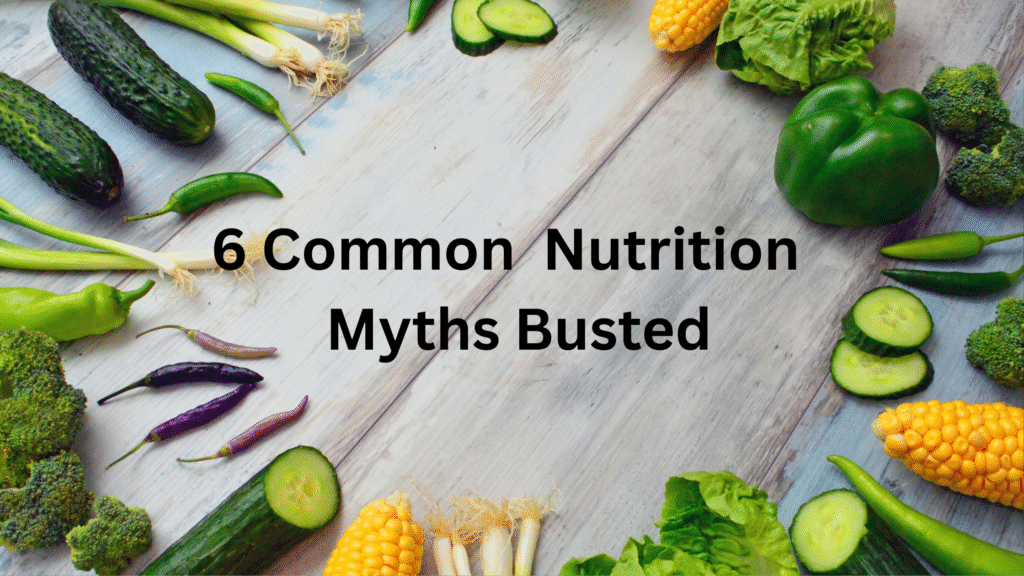
There is a lot of information about healthy eating that leads to confusion about what is right and what is wrong. Today carbs are the biggest enemy for healthy food, and tomorrow they’ll become crucial. We’ve all heard some advice about healthy eating from our family members, friends, social media influencers, or even from some random blog or reel we saw while scrolling, but most of it is not backed by facts. And this is the main reason why separating myths from truth is so important. By doing this, you’ll be able to make smart decisions without taking on so much stress.
Here are 6 of the most common myths related to nutrition that we’re going to bust. So they stop bothering you and help you in feeling happy while eating.
Myth 1: Carbs Make You Fat
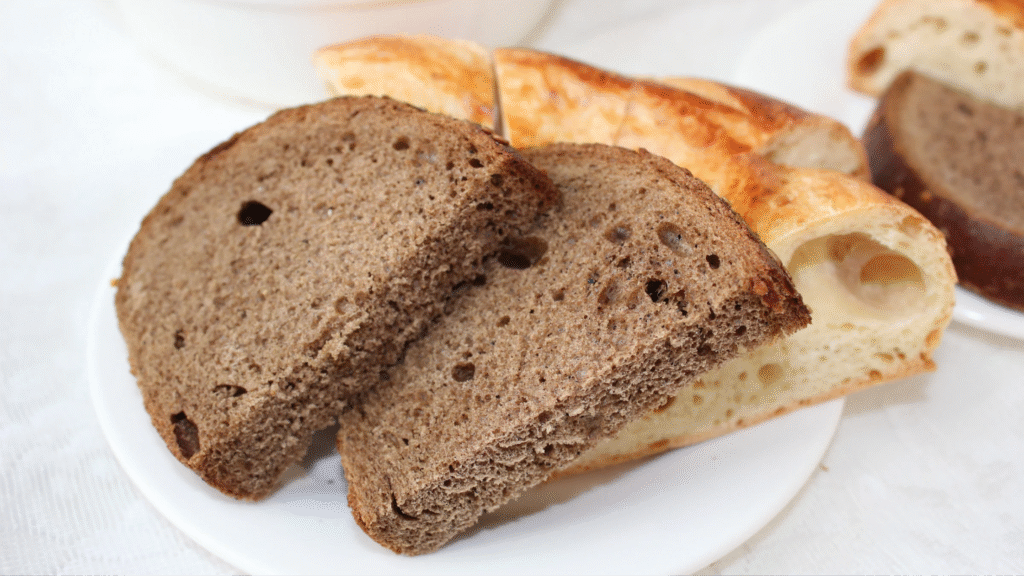
Carbs are not your enemy.
Many of us think that carbs are one of the main reasons behind weight gain, and so they start avoiding intake of bread, rice, and pasta like the plague. But here’s the thing they should know: carbohydrates are genuinely the main source of energy in your body. Carbs are not the only reason behind weight gain; instead, the reason is eating more than enough of anything, whether it’s carbs, fats, or even healthy meals.
The type of carbs matters a lot. Whole grains, fruits, and vegetables provide you fiber, vitamins, and long-lasting energy. But refined carbs like sugary food and white bread can create spikes in blood sugar and also increase cravings.
Key takeaway: Carbs are okay—just select whole, unprocessed ones and watch your intake.
Myth 2: Eating Fat Will Make You Fat
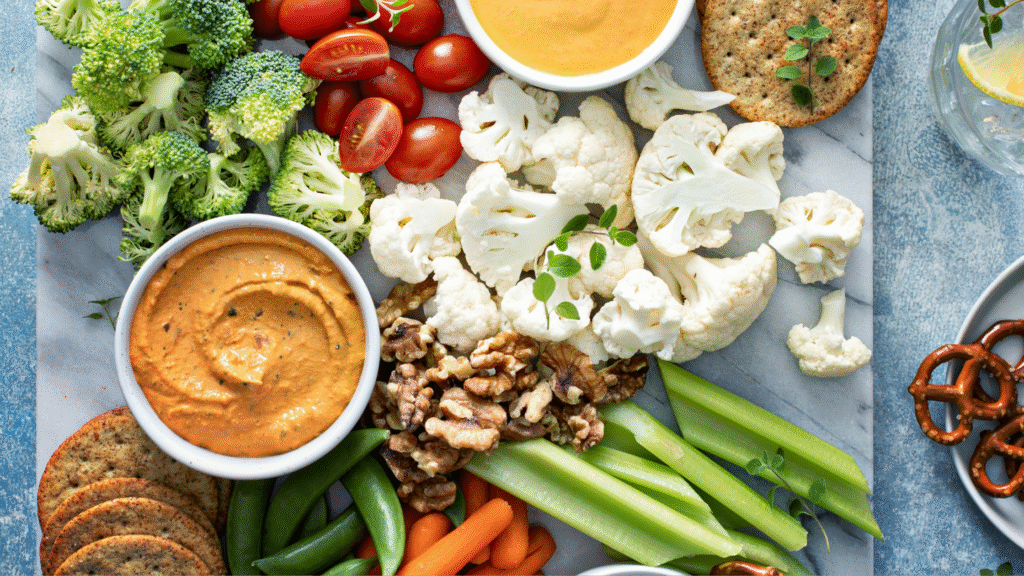
All fats are different from each other.
For many years we’ve been treating fat as the villain of our diet. People thought that they were taking care of their body by eating low-fat food. But that’s not true; healthy fats are so necessary for your brain, hormones, and even for your skin.
The trick is to select the right fats: For healthy fats, you should go for avocado, nuts, seeds, olive oil, and fatty fish. These fats really help you in feeling full and can also help you in managing your weight.
Key takeaway: You should treat healthy fats as your buddies by ditching their fear and adding them to your diet plan.
Myth 3: Skipping Meals Helps You Lose Weight
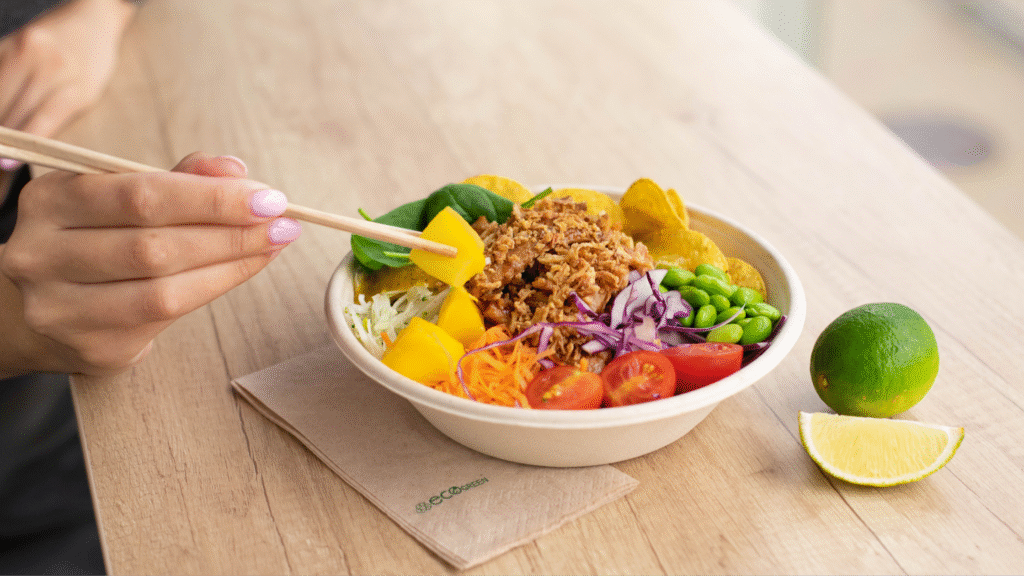
Skipping meals can backfire on your plan.
If you’re skipping your meals just to save calories and to lose weight. Then you’re on the wrong track. Generally, skipping meals leads to more hunger later, which will ultimately cause overeating or bad food choices.
Additionally, if your body starts thinking that it’s starving, then maybe your metabolism will slow down. So maintain your daily meals, as they help in stabilizing your energy and also control your cravings.
Key takeaway: Eat daily—just don’t starve your body; instead, fuel it in a proper manner.
Myth 4: Detox Teas and Cleanses Help You Lose Weight Quickly
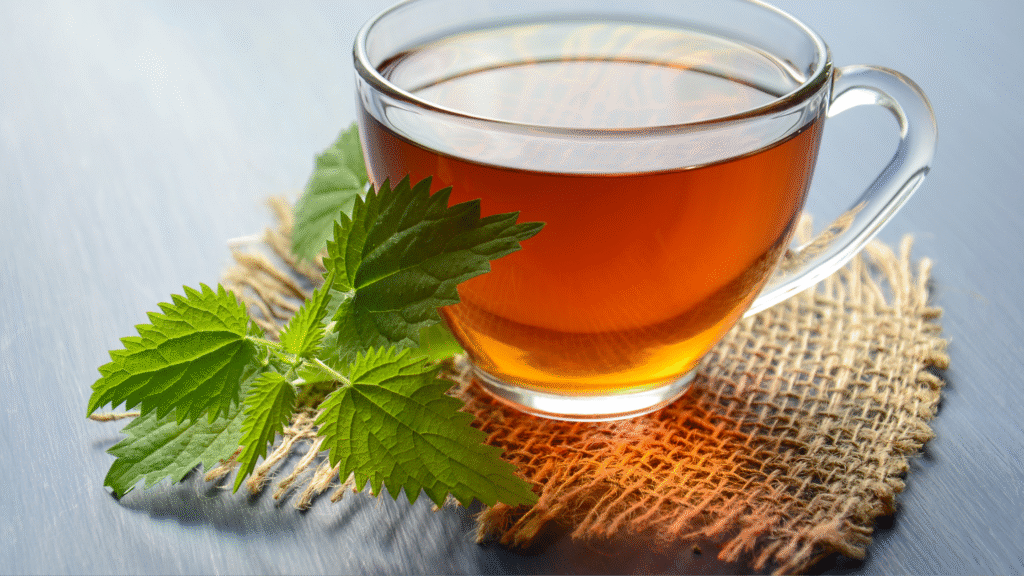
Many detoxes are just marketing gimmicks.
We’ve all seen people with flat tummies promoting some teas and juices that 100% help in losing weight. Most people use them in the hope of getting instant results, but what they get is so many bathroom trips and no long-term outcomes.
See, the liver and kidneys are the organs that naturally detox our body. Hence, you don’t need to go for any product like these teas or extreme cleanses. And instead of working, they might lead to a lack of water, no reduction in weight, and once you start eating normally again, your weight might come up.
Key takeaway: Skip these products—drink enough water, eat whole meals, and let your body naturally do the detox process.
Who knew your cup of tea could kickstart fat burn? Sip your way to a faster metabolism – naturally & deliciously!
Myth 5: Eating After 8 PM Causes Weight Gain

Time doesn’t matter, but what and how much you’re eating do.
Many of us believe that eating late at night will make us gain weight. But the thing is that your body never starts storing fats as soon as it’s 8 at night. What actually matters is how productive you were during the day and also the amount of your calorie intake.
However, late-night snacks include chips, sweets, or fast food, which is the actual problem. If you’re feeling hungry at night, it’s fine if you’re eating, but make smart decisions while selecting what to eat, like you can have yogurt, fruit, or some nuts.
Key takeaway: It’s fine to eat at night—just be smart while choosing your late-night snacks.
Myth 6: You Need to Eat Meat for Protein
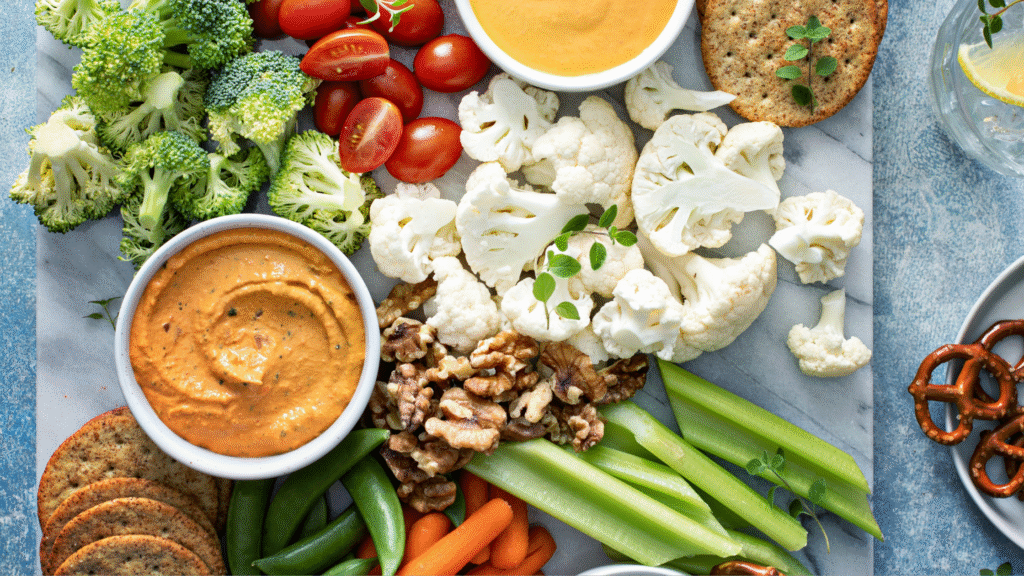
There are some protein sources that are plant-based.
Most people think that protein means meat. But it’s not true. If you’re a vegetarian or vegan, you can also get protein in your body through plants, and you don’t have to eat meat to get protein.
There are foods like lentils, beans, tofu, quinoa, chickpeas, edamame, and nuts that are the best sources of protein, and the best thing is that they are plant-based. You can also combine plant proteins to get all necessary and essential amino acids.
Key takeaway: You don’t have to convert yourself into a non-vegetarian to get protein—you can go for plant-based protein, as it also works well.
Final thoughts: Don’t Let Myths Rule Your Plate
Healthy eating shouldn’t be stressful or too confusing. It’s actually very overwhelming when you receive different advice from different people—but the fact is that you shouldn’t go for extreme or instant fixes.
Understanding the needs of your body requires lots of time and patience. Don’t let these social media trends pressurize you to take some unfavorable changes. Target small and real habits that can easily fit into your daily routine. Whether it’s about selecting a balanced breakfast, keeping yourself hydrated, or cutting back on some processed snacks, every step you take is countable. Hence, be kind and soft towards yourself and also maintain consistency. And never forget that the best diet is the diet that supports both your physical and mental health for the long term.
Just forget about myths; have faith in your body. And provide yourself a graceful and nutritious journey, not a confused destination.


